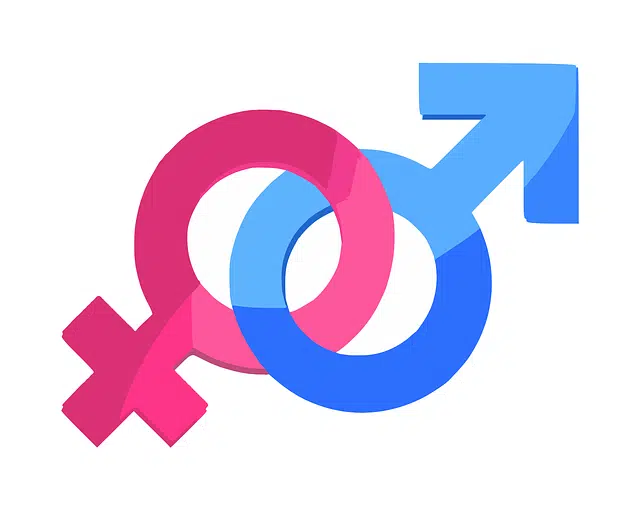
Someone who is heterosexual is attracted to people of the opposite sex.
Heterosexual is that belonging to or relating to heterosexuality . This term refers to the erotic relationship between individuals of different sexes . Heterosexuality, therefore, is the opposite of homosexuality ( erotic relationships between individuals of the same sex) and is different from bisexuality (erotic relationships with individuals of both sexes).
Heterosexuality is a sexual orientation characterized by desire and attraction to people of the opposite sex . A heterosexual man is attracted to women, while a heterosexual woman is attracted to men.
Heterosexuality, biology and society
There is a wide debate about the genetic or social condition of sexual orientation. There are those who believe that individuals are born heterosexual or homosexual and that their desire obeys a genetic pattern. Other people maintain that sexual inclination is a product of the individual's free choice.
In the case of human beings , reproduction is only possible through heterosexual relationships (unlike other species whose individuals are hermaphrodites ). Human subsistence, therefore, requires heterosexuality and is the main argument of those who speak of the unnaturalness of homosexuality. Logic indicates that if all humans were homosexual, the sexual relations necessary for the species to reproduce would not occur.

Image of a heterosexual couple.
Subjects who, although they are heterosexual, defend the civil rights of homosexuals and promote gender equality , are known as heteroallies .
It should be noted that the notion of heterosexual is also delimited by what is considered a sexual act. In fact, there are many people who judge sexuality simply based on the relationship they have at a certain moment, escaping labels that perpetually accompany them; For example, an individual who refuses to be classified as bisexual says he is homosexual if he is in a relationship with someone of the same gender, and heterosexual otherwise.
Beyond sexual relations
Outside of intimate relationships, there are numerous personality traits that are associated with heterosexuality and are mistakenly used as evidence to rule out a person's homosexuality. For example, the way a heterosexual man walks should show a certain rigidity and it should appear that his shoulders are pulling the rest of his body forward, avoiding the swing of the waist and keeping his arms down and without making any type of smooth movement; For the heterosexual woman, what society expects is practically the opposite: a movement driven by the waist, making subtle and gentle swings and with the freedom to use her arms and head to add sensuality to her walk.
What happens if this is not respected, or if the way to move one's body when walking is freely chosen? It is almost automatically deduced that these are homosexual individuals, generally in a derogatory tone or with a hint of pity, as if it were a disease. The man who does not present the behavior that society expects of him is considered "less of a man", while women are branded as "masculine".
Some activists fight to promote open-mindedness in the world, to ensure that sexual diversity is accepted; and, despite the modest changes that have been seen in recent years, no one has managed to get parents to talk openly about the possibility (inevitable, by the way) that their children will one day discover their homosexuality. It is not common for a mother to assume that her newborn child will not necessarily be heterosexual and that this aspect of his personality will emerge in the future, regardless of the toys he receives and the color of the clothes he buys.
